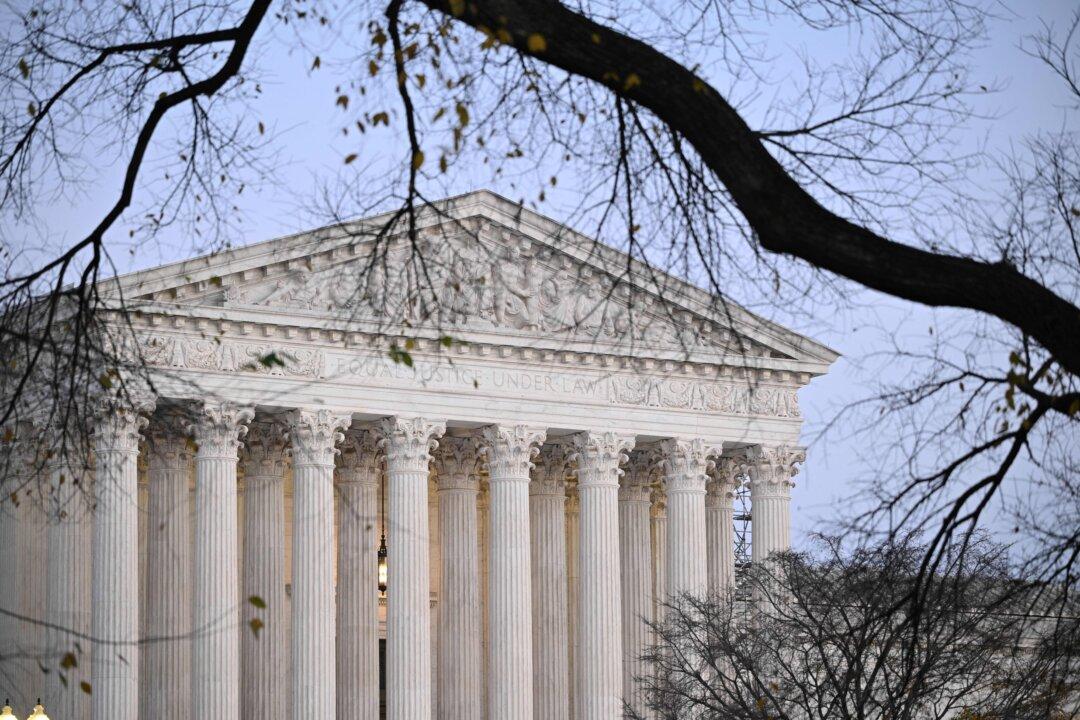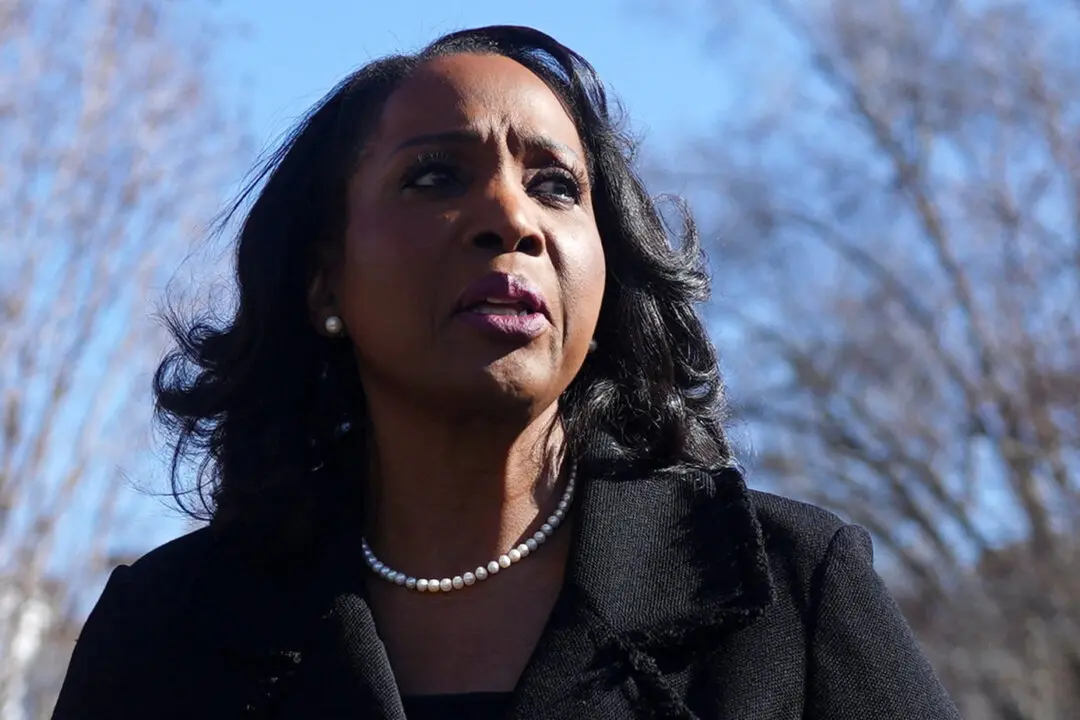The Supreme Court is hearing oral argument on Jan. 10 over how the Sixth Amendment of the U.S. Constitution limits testimony in criminal cases.
Smith v. Arizona focuses on the amendment’s Confrontation Clause, which states that criminal defendants have the right “to be confronted with the witnesses against him.”





